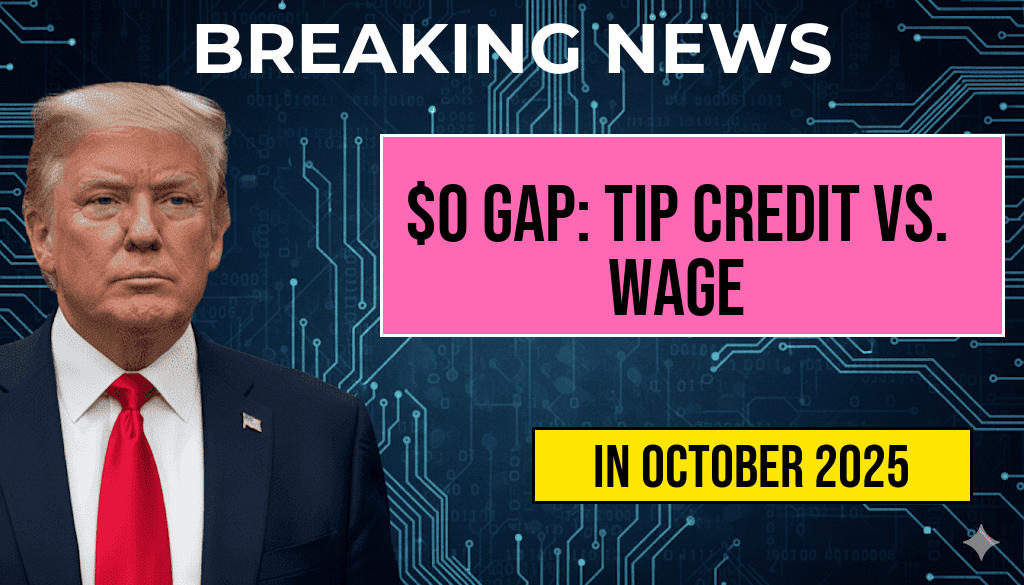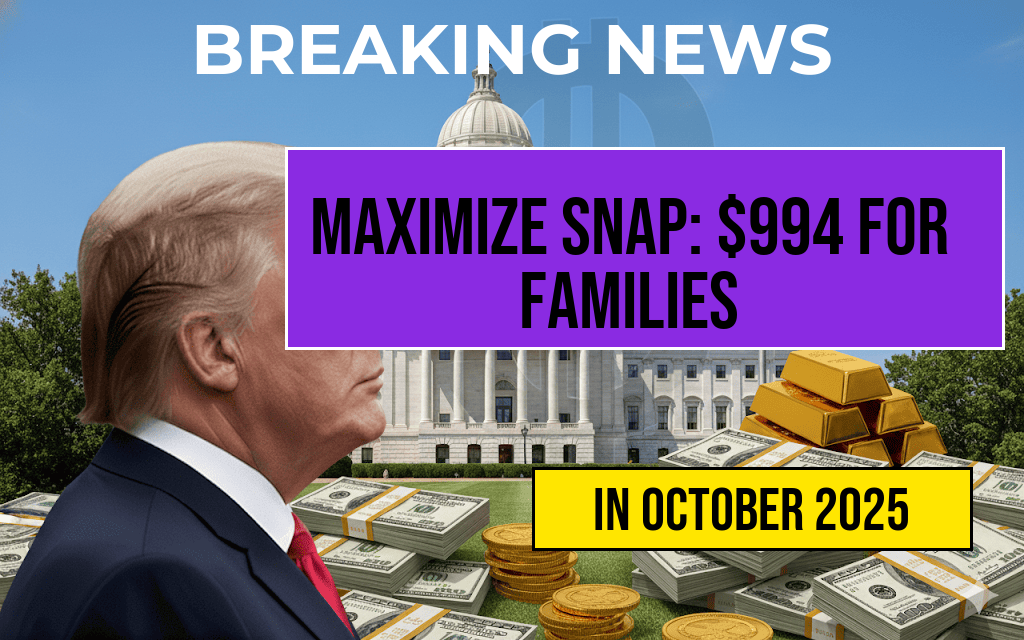In Washington, D.C., the debate surrounding the $0 gap between tip credit and minimum wage requirements has sparked significant attention among employers, employees, and policymakers. As the city navigates its unique economic landscape, understanding the implications of the $17.95 wage requirement for non-tipped workers and the nuances of tip credit for service industries is crucial. With the District’s minimum wage rising to $17.95 as of July 1, 2023, many employers grapple with how to comply with labor laws while ensuring fair compensation for their staff, particularly in the restaurant and hospitality sectors. This article delves into the complexities of wage regulations in D.C., shedding light on how businesses can effectively manage their payroll amidst evolving laws.
Exploring Tip Credit in D.C.
Tip credit allows employers in the service industry to pay a lower base wage to employees who receive tips, provided that their total earnings (base wage plus tips) meet or exceed the minimum wage. In D.C., the current minimum wage for non-tipped workers is set at $17.95, while the base wage for tipped employees is significantly lower, at $5.00 per hour. This raises questions about the viability of tip credit as a compensation strategy.
Understanding the $0 Gap
The term $0 gap refers to the difference between what tipped employees earn in base wages and the minimum wage mandated for non-tipped employees. In practice, this gap can create confusion for both employers and employees regarding compensation practices. If a tipped employee does not earn enough in tips to meet the minimum wage threshold, the employer is legally required to compensate the difference. This ensures that all employees receive at least the minimum wage, regardless of their tips.
Implications for Employers
For employers, navigating the $0 gap involves careful record-keeping and payroll management. Here are key considerations:
- Compliance with Wage Laws: Employers must ensure that their payroll practices comply with D.C. wage laws, including the tip credit system.
- Accurate Reporting: Maintaining accurate records of employee hours worked, tips received, and total compensation is essential for compliance and auditing purposes.
- Employee Communication: Clear communication with employees about their pay structure and how tips contribute to their overall earnings is vital to prevent misunderstandings.
Comparing Wage Structures
To better illustrate the differences between tipped and non-tipped employee compensation in D.C., the following table outlines the wage structures:
| Employee Type | Base Wage | Minimum Earnings Requirement |
|---|---|---|
| Tipped Employees | $5.00 | $17.95 |
| Non-Tipped Employees | $17.95 | $17.95 |
Challenges Faced by Employers
Employers in the District face several challenges related to the wage requirements:
- Inconsistent Earnings: Tipped employees may experience fluctuations in their earnings based on customer traffic and tipping behavior, complicating wage management.
- Legal Risks: Misclassifying employees or failing to meet wage requirements can result in legal disputes, fines, and damage to an establishment’s reputation.
- Employee Retention: Ensuring fair compensation is critical for retaining skilled employees in competitive job markets, especially in the hospitality sector.
Future Outlook and Recommendations
As D.C. continues to evolve its wage laws, employers must stay informed and adaptable. Here are some recommendations for businesses:
- Regular Training: Providing training for management and HR personnel on compliance with wage laws can mitigate risks and improve payroll practices.
- Engagement with Employees: Regularly engaging with employees about their pay and any concerns can foster a positive workplace environment.
- Consulting Legal Experts: Seeking advice from legal experts specializing in labor law can help navigate the complexities of wage regulations.
Understanding the $0 gap in D.C. is essential for employers seeking to comply with wage laws while ensuring fair compensation for workers. As the city moves forward, staying informed about wage structures and their implications will be critical for all businesses.
For more information on D.C. wage laws, visit the D.C. Department of Employment Services or explore resources from Forbes.
Frequently Asked Questions
What is the $0 Gap in D.C. wage requirements?
The $0 Gap refers to the difference between the tip credit that employers can apply and the mandated minimum wage of $17.95 for employees in Washington D.C. This gap affects how employers calculate wages for tipped employees.
How does the tip credit work in D.C.?
The tip credit allows employers to pay a lower base wage to employees who receive tips, provided that their total earnings (base wage plus tips) meet or exceed the required minimum wage of $17.95.
What are the responsibilities of employers regarding the $17.95 wage?
Employers must ensure that the combined earnings of tipped employees equal at least $17.95 per hour. If not, they are responsible for covering the difference to meet the minimum wage requirement.
Are there any exceptions to the $17.95 minimum wage in D.C.?
Yes, certain exceptions may apply, such as specific industries or types of employment that have different wage regulations. However, most tipped employees are subject to the $17.95 minimum wage guideline.
What should employees do if they believe they are not being paid correctly?
Employees who feel they are not receiving the appropriate wages, including the tip credit and minimum wage of $17.95, should report their concerns to the D.C. Department of Employment Services or seek legal advice for assistance.






